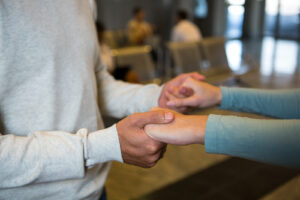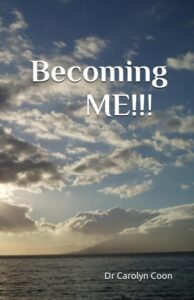I’ve come to the conclusion that ‘mistake’ has subcategories. There are those mistakes that prove to be a complete surprise to you. There are mistakes that you really should have known better, and probably did, but went ahead anyway. Then there are the mistakes made by others but laid at our feet. There are mistakes that you really, really are sorry for but can only apologize. There are mistakes that were ‘worth’ the effort to try something new or different. I could probably continue but I think that I’ve made my point about the multitudinous aspects to the word – mistake.
The only ‘type’ of mistake I truly dislike are the ones that cause hurt, pain, or anguish to someone else and there’s little I can do to correct or mitigate against the ramification of what happened. Those are personally painful. My ‘learning’ is – would I do it again? Was the unforeseen result something I hadn’t envisioned or simply bad planning on my part? My point is – on retrospect can we always see the mistake coming? Can we learn from what was or wasn’t done? Will we? Another interesting by-product is that sometimes we can’t, at the moment, see a different decision than the one we made but as time passes, we do see what might have been done. The focus shouldn’t be on what was or wasn’t done but on what we can learn so we don’t repeat.
Mistakes are a way of life and I defy you to show me people who don’t make them. Those who learn from their mistakes won’t make it a point of repetition. Like history, if we don’t learn then we are doomed to repeat. But the underlying question is… how do you define ‘mistake’? Webster says: “to be in error, a misunderstanding or misconception, and.. an error in action, calculation, opinion, or judgment caused by poor reasoning, carelessness, insufficient knowledge, etc.” Truth be told, it’s the ‘etc.’ that always gets us.
From catastrophic to ‘oh, oh’, mistakes are part and parcel of our lives. Mistakes are givens. The only variable is how we react to and then respond to mistakes. We can fear making them and become paralyzed to act or we can choose to learn from them. Apologize, if necessary, learn from, move on – those are the proactive responses.






